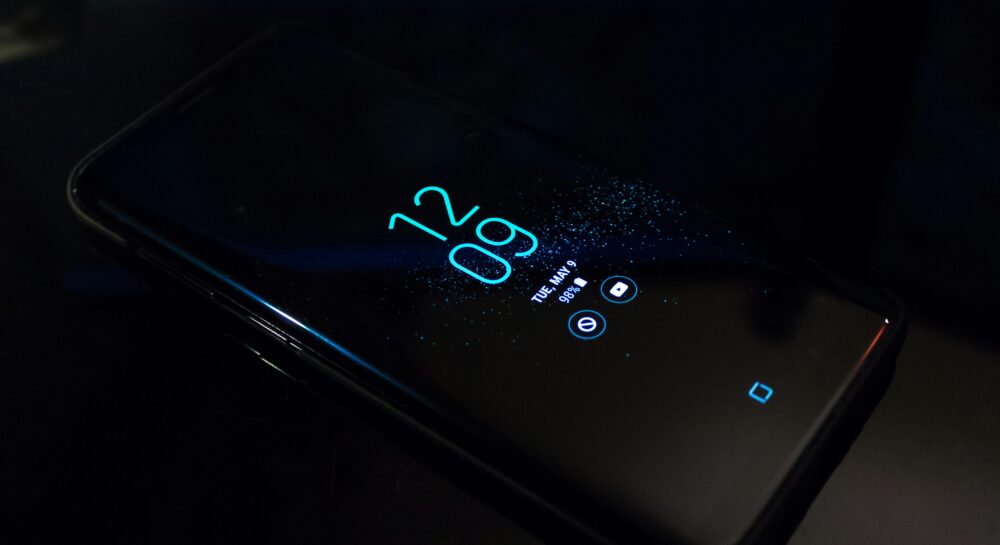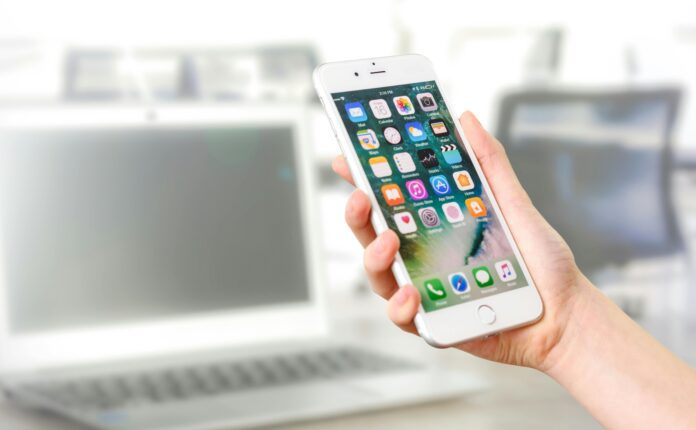In 2025, the smartphone war is more intense than ever. Apple’s iPhone 17 Pro is making headlines with its A19 Bionic chip, advanced AI, and titanium design — but can it hold its ground against Android flagships like the Samsung Galaxy S25 Ultra, Google Pixel 9 Pro, and OnePlus 13 Pro?
In this article, we compare the iPhone 17 Pro against its top Android rivals in every category — design, display, performance, camera, battery, and value — so you can make the best buying decision.
Let’s break it all down.
Overview: What’s New in 2025?
Here’s a quick look at the major 2025 flagships:
| Phone | Launch Date | Chipset | Starting Price |
|---|---|---|---|
| iPhone 17 Pro | Sep 2025 | Apple A19 Bionic | $1,099 |
| Samsung S25 Ultra | Mar 2025 | Snapdragon 8 Gen 4 | $1,299 |
| Google Pixel 9 Pro | Oct 2025 | Tensor G4 | $999 |
| OnePlus 13 Pro | May 2025 | Snapdragon 8 Gen 4 | $949 |
Each phone has its strengths, but the differences can be massive depending on your priorities.
Design & Build Quality
iPhone 17 Pro
- Grade 5 Titanium frame
- Flat-edge design
- Dynamic Island 2.0
- IP68 water/dust resistant
- Portless design (MagSafe only)
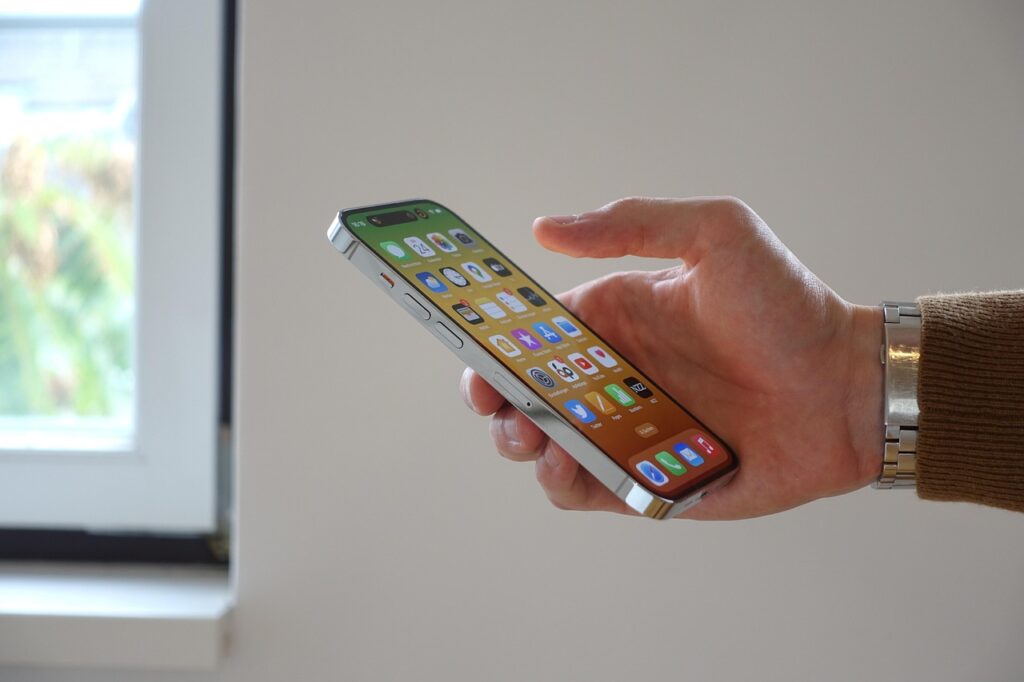
Samsung S25 Ultra
- Armor Aluminum frame
- Curved 6.9” display
- S Pen built-in
- Gorilla Armor glass
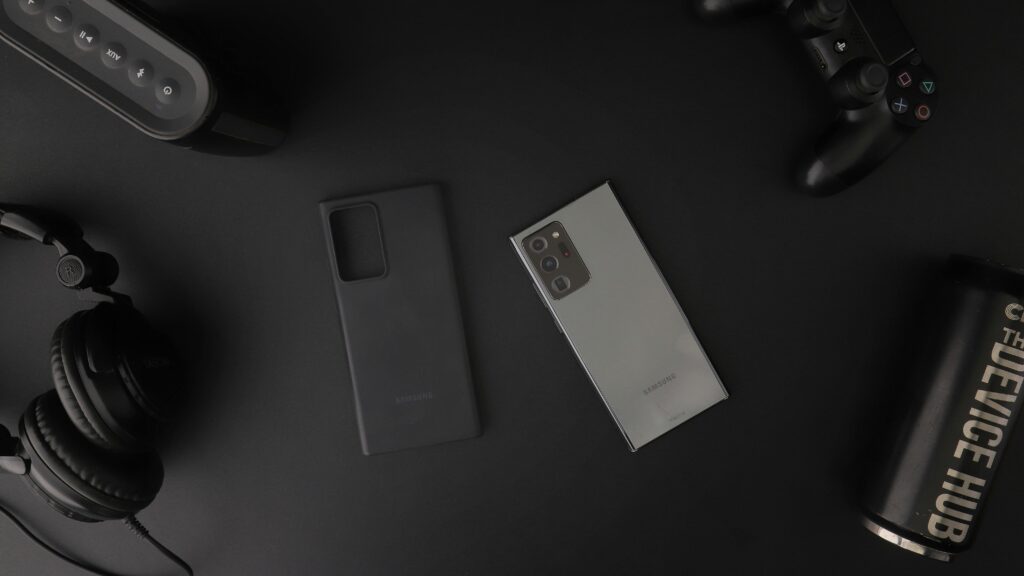
Pixel 9 Pro
- Matte aluminum back
- Compact and clean build
- Recycled materials
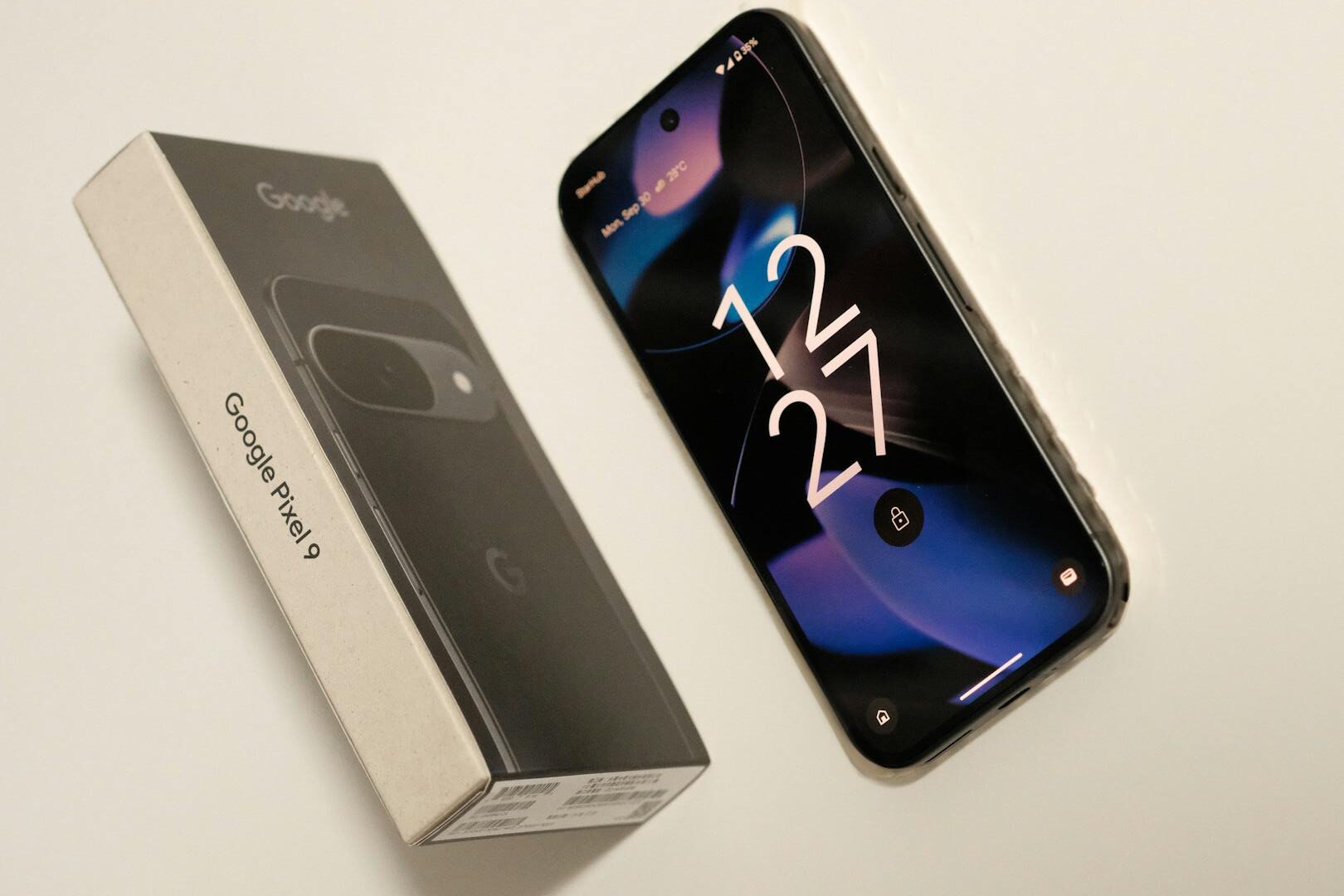
Verdict:
- iPhone wins on premium material
- Samsung leads with versatility (S Pen)
- Pixel is minimalist and eco-friendly
Display Technology Comparison
| Phone | Size | Type | Refresh Rate | Brightness |
|---|---|---|---|---|
| iPhone 17 Pro | 6.1″ LTPO OLED | Super Retina XDR | 120Hz | 2000 nits |
| S25 Ultra | 6.9″ AMOLED | Quad-HD+ | 144Hz | 2600 nits |
| Pixel 9 Pro | 6.7″ OLED | LTPO OLED | 120Hz | 1800 nits |
Winner:
- Samsung S25 Ultra takes the crown for resolution, size, and refresh rate.
- iPhone shines in calibrated color accuracy and true tone.
Performance & Chipset Battle
| Phone | Chipset | RAM | Storage Options |
|---|---|---|---|
| iPhone 17 Pro | Apple A19 Bionic | 12GB | 256GB to 1TB |
| S25 Ultra | Snapdragon 8 Gen 4 | 16GB | 256GB to 2TB |
| Pixel 9 Pro | Tensor G4 | 12GB | 128GB to 1TB |
iPhone 17 Pro dominates single-core performance, AI tasks, and power efficiency.
Snapdragon 8 Gen 4 excels in multi-tasking and GPU-heavy gaming.
Tensor G4 is built for AI-driven functions but falls short on raw speed.
Camera Comparison: iPhone vs Android
iPhone 17 Pro
- Triple-lens: 48MP wide + 12MP ultra-wide + 12MP periscope zoom
- 10x optical zoom
- 8K ProRes video
- Cinematic Mode 2.0
- Smart HDR 6
Samsung S25 Ultra
- Quad-lens: 200MP main + 12MP ultra-wide + 10MP 5x zoom + 10MP 3x zoom
- Best-in-class zoom up to 100x
- Director’s View for multi-cam shooting
Pixel 9 Pro
- Dual 50MP sensors
- Tensor image processing
- Real Tone 3.0 for accurate skin tones
- Astrophotography mode
Winner:
- iPhone for video creators
- Samsung for versatile photography
- Pixel for computational AI imaging
Software Experience & Ecosystem
iPhone 17 Pro (iOS 19)
- Tight iOS ecosystem
- Dynamic Widgets
- On-device AI
- Better app security
- Seamless with Mac, iPad, Watch
Android Flagships (One UI 7 / Pixel UI / OxygenOS 15)
- Customization freedom
- AI-enhanced features
- Split screen multitasking
- Side-loading apps
- Integration with Windows
Verdict:
- iPhone wins for smoothness, security, and updates
- Android wins for freedom and productivity tools
Battery Life & Charging Speed
| Phone | Battery | Charging Speed | Wireless Charge |
|---|---|---|---|
| iPhone 17 Pro | 3,800mAh | 30W MagSafe | 15W MagSafe |
| S25 Ultra | 5,500mAh | 65W wired / 45W wireless | Yes |
| Pixel 9 Pro | 5,000mAh | 33W wired | 15W wireless |
Conclusion:
- Android flagships charge faster and last longer
- iPhone’s efficiency makes up for smaller size
Storage, RAM & Connectivity
iPhone 17 Pro:
- LPDDR5 12GB RAM
- UFS 4.0 storage
- 5G mmWave + Wi-Fi 7 + Ultra Wideband 3
- No SIM slot (eSIM only)
Samsung S25 Ultra:
- Up to 2TB storage
- UFS 4.1
- Dual SIM + eSIM
- Wi-Fi 7 + Bluetooth 5.4
Verdict:
- Android wins for expandability and flexibility
- iPhone leads in future-forward wireless tech
AI & Smart Features
iPhone 17 Pro (iOS 19):
- Siri 2.0 (ChatGPT-style)
- Auto app suggestions
- Live Translate
- Smart photo albums
Android (S25 Ultra & Pixel 9 Pro):
- Google Assistant with Bard integration
- AI wallpapers
- Live transcription
- Smart reply & multi-language UI
Winner:
- Pixel excels in natural language AI
- iPhone is better for privacy-first AI tools
Price Comparison
| Model | Starting Price | Highest Variant |
|---|---|---|
| iPhone 17 Pro | $1,099 | $1,599 (1TB) |
| S25 Ultra | $1,299 | $1,899 (2TB) |
| Pixel 9 Pro | $999 | $1,299 (1TB) |
| OnePlus 13 Pro | $949 | $1,199 (1TB) |
Price-to-Performance Leader:
- Pixel 9 Pro and OnePlus 13 Pro
- iPhone 17 Pro remains a luxury experience with long-term value
Pros & Cons Summary
iPhone 17 Pro
Pros:
- Best video recording
- Premium titanium build
- Smooth, secure iOS
- Best long-term updates
Cons:
- High price
- Slower charging
- No expandable storage
Samsung Galaxy S25 Ultra
Pros:
- Excellent display
- S Pen included
- Fast charging
- Zoom beast
Cons:
- Expensive
- Heavier build
Google Pixel 9 Pro
Pros:
- Smart AI features
- Clean Android UI
- Best skin tone accuracy
- Budget-friendly flagship
Cons:
- Weaker GPU
- Slower updates than iPhone
Final Verdict: Which Should You Buy?
Choose iPhone 17 Pro if:
- You love iOS and video content creation
- You want top-tier AI with privacy
- You need long software support
Choose Samsung S25 Ultra if:
- You want the best all-rounder with pen, zoom, and multitasking
- You’re an Android power user
Choose Pixel 9 Pro if:
- You want smart AI tools, solid performance, and best value
- You’re into photography with natural tones
Still confused? Visit unfite.site to get personalized comparisons based on your lifestyle, needs, and budget.
Source Links
- Apple iPhone 17 Pro Leaks – MacRumors
- Samsung Galaxy S25 News – SamMobile
- Google Pixel 9 Pro Preview – Android Authority
- OnePlus 13 Pro Confirmed Specs – GSM Arena
- unfite.site Smartphone Comparisons
Key Points:
- iPhone 17 Pro features a Titanium build, A19 Bionic chip, and Pro-level cameras optimized for creators.
- Samsung Galaxy S25 Ultra leads in display quality, camera zoom, and multitasking with its built-in S Pen.
- Google Pixel 9 Pro shines with AI photography, clean UI, and smart software tools at a lower price.
- iPhone offers better long-term support, software updates, and a more secure ecosystem.
- Android devices excel in fast charging, RAM/storage options, and customization flexibility.
- Apple’s Dynamic Island 2.0 and MagSafe-only portless design point to a futuristic user experience.
- Android flagships now offer AI features on par with iOS, especially in Google and Samsung’s software.
- Pricing starts at $949 for Android flagships and $1,099 for iPhone 17 Pro — value varies by use-case.
- Visit unfite.site to compare smartphones and find the best fit for your needs.
